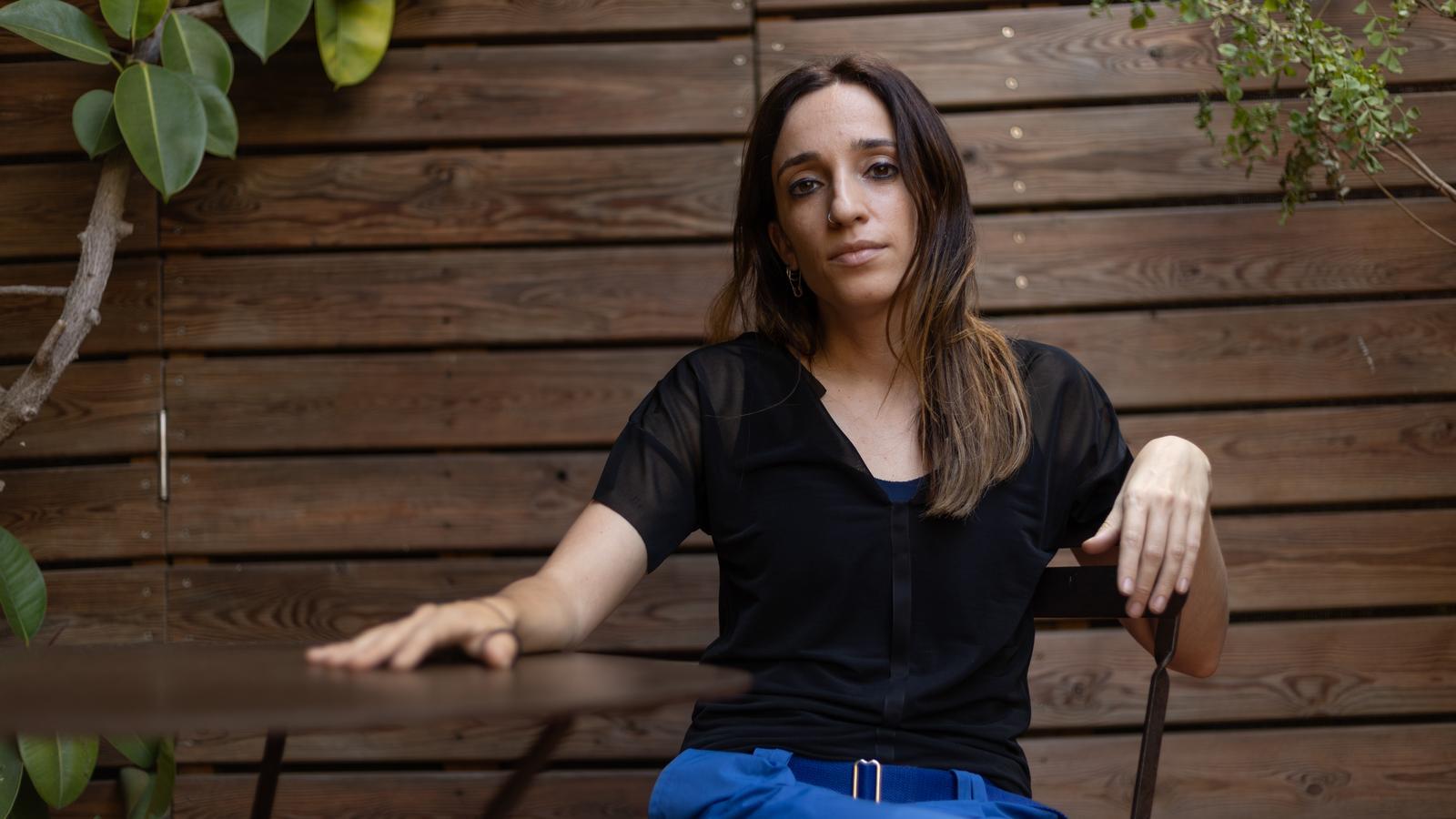Ivette Nadal: “If I didn't want to, I wouldn't find meaning in singing, writing, or living.”
The story of how the poet and singer-songwriter met the father of her child


The first time poet and singer-songwriter Ivette Nadal saw the father of her child, she was only eleven years old. "I went with my parents to a furniture store to choose my room, and he was the one who helped us. I remember he had dreadlocks, and my mother commented, 'Look, this boy is more your style.' At the time, I thought he was very old—he was eighteen—and, logically, he didn't even look at me, not even a glance," Nadal explains.
Seven years later, they met again in a concert hall. "I was drawn to him, interested in him, and we started talking. Halfway through the conversation, I had a flash: I asked him if he'd ever worked in a furniture store. He was very surprised that I remembered. That's how we started talking. I'd only seen him for fifteen minutes when I was a kid... How could he have asked me?"
What she liked most about her child's father was that, from the very beginning, she felt loved—and truly loved. "I had a very damaged idea of love. I began to have relationships with much older male figures in the art world. They were people who, perhaps, played on the admiration you felt for them. I felt treated like an object," she recalls.
That's why it struck her that, at that reunion, he said, "Let's wait a while." "Until then, no adult had ever said to me, 'Wait until you're older; I don't want to affect your body or your personal development.'"
Ivette Nadal already knew something about body issues. She suffered from anorexia and was hospitalized several times. "Someone who doesn't know how to eat well doesn't know how to love well. Anorexia is an addiction to fasting, to absence. Everything you don't eat, you try to compensate with more emotional food. And then the imbalance sets in: the desire to satisfy a nutritional need arises," she explains.
When she finally left anorexia behind, it came again: the diagnosis of multiple sclerosis. "MS gives you a different perspective on everything. I'm a very romantic person, and I also love my friends very much. Now I'm learning that on the day I feel good, I make the most of it. I never hold back on what I want to do, and telling the people I love, or even the people I love, matters to me. I don't even care about living."
And what does love mean to her? "I felt it a few weeks ago in Sant Benet: to love is to make room for the other," she concludes.
